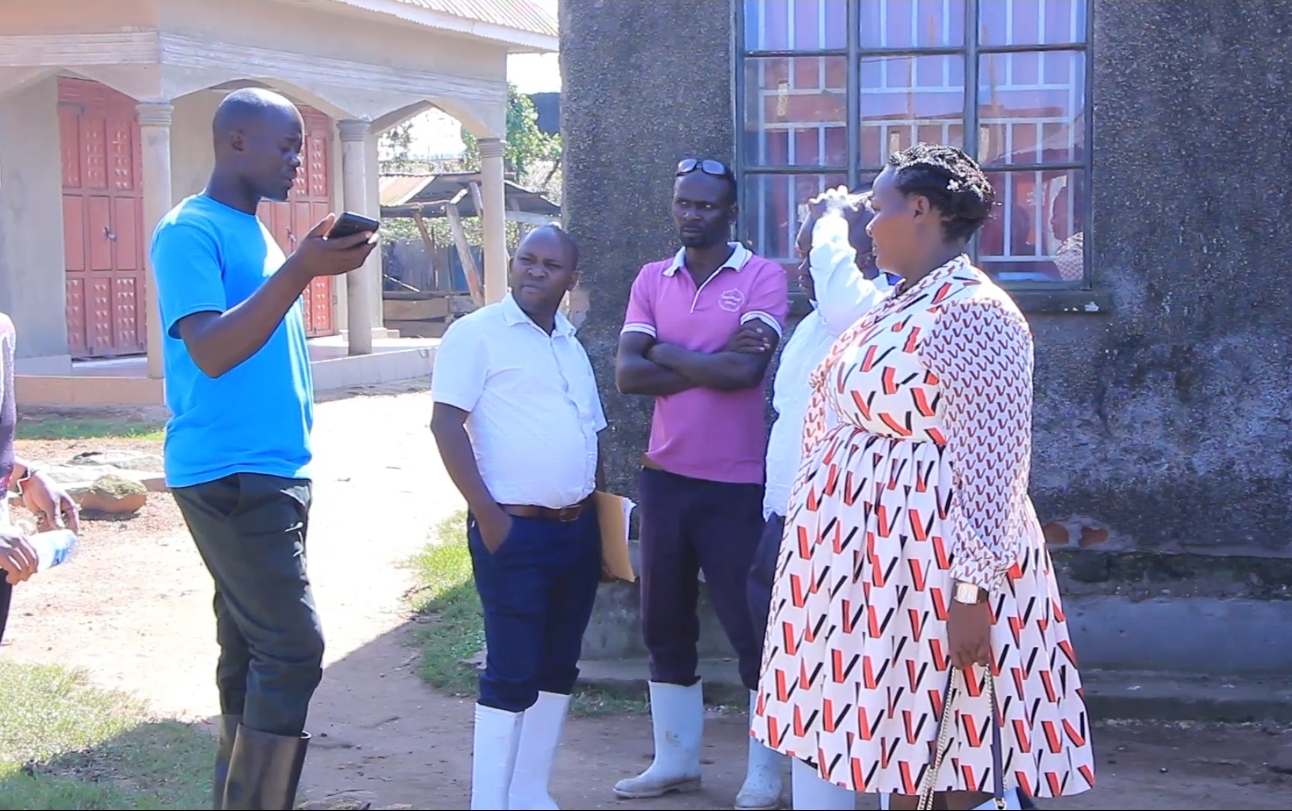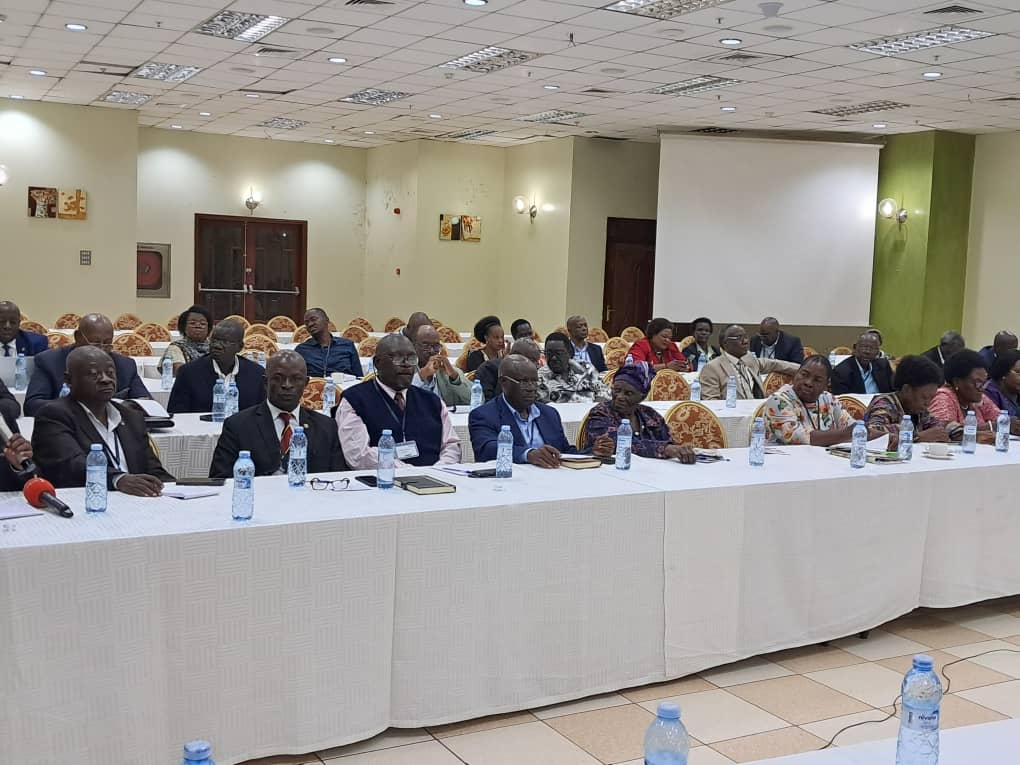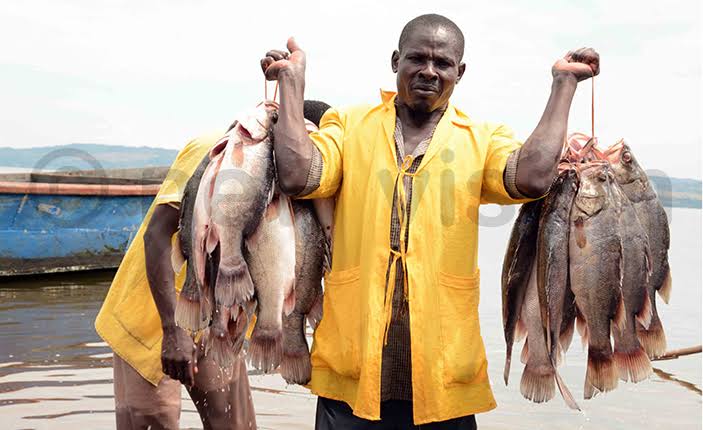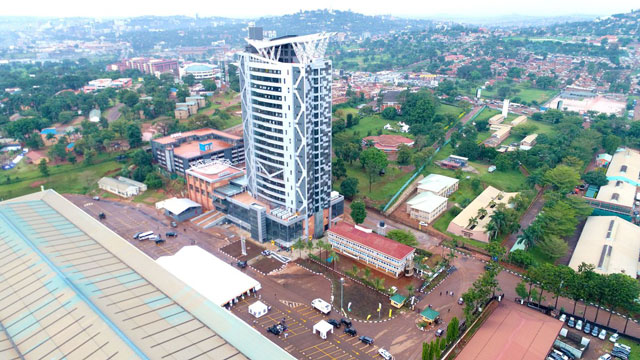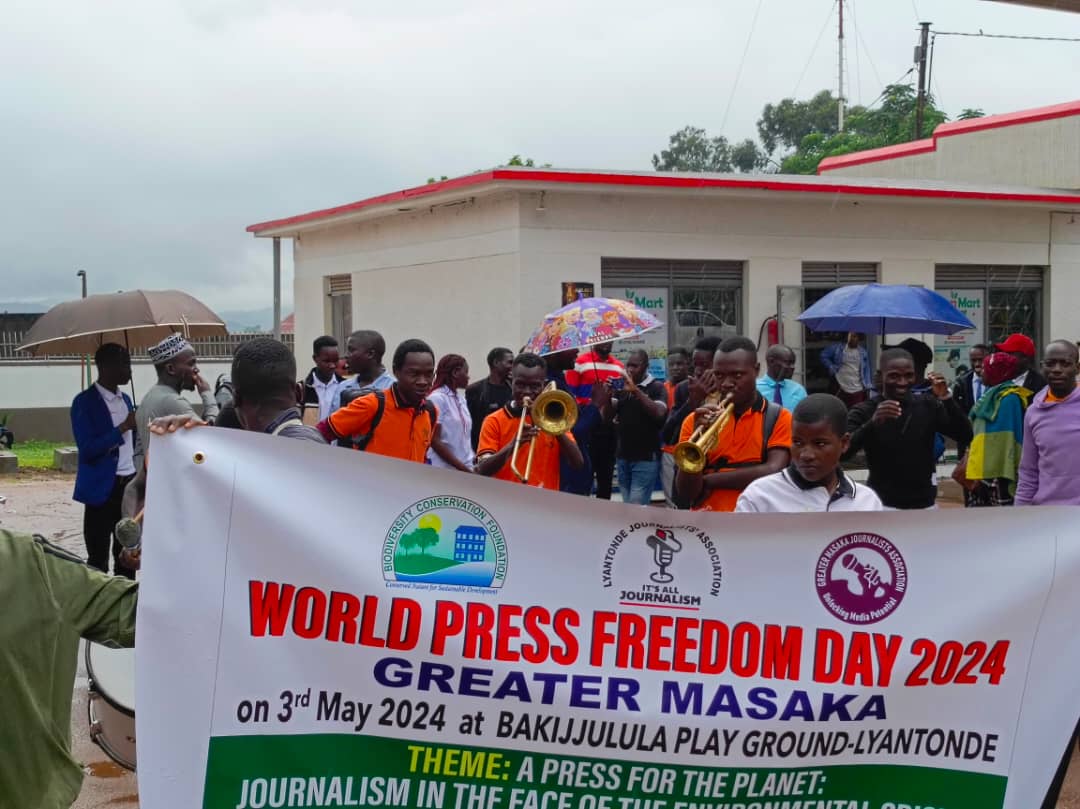Environmental degradation threatens vital wetlands around Kampala
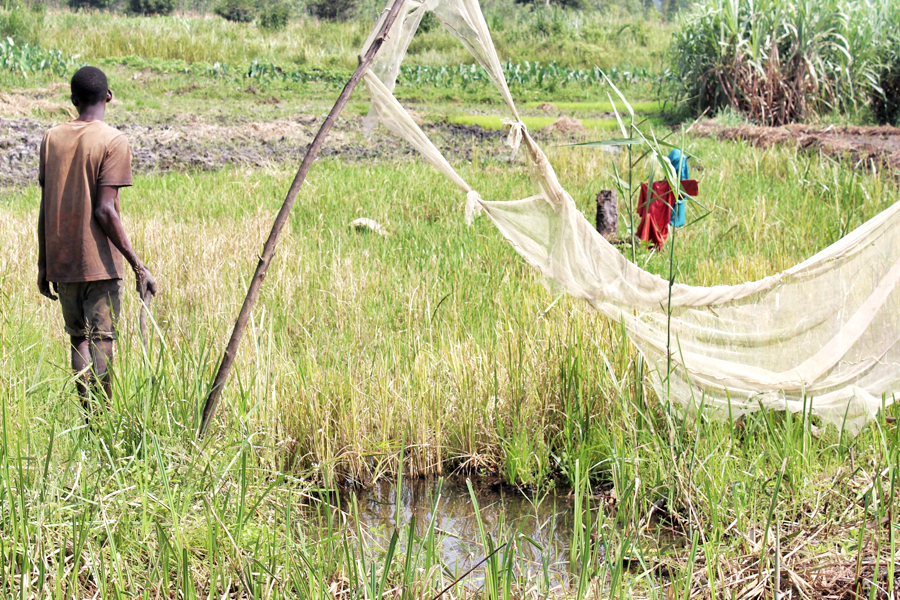
The lush wetlands that once thrived around Kampala, serving as vital ecosystems, are now facing severe degradation, posing significant challenges to both the environment and the local communities.
The wetlands, which include areas like Nateete, Lubigi, Kajjansi, have long been essential for regulating water flow, filtering pollutants, and providing habitats for diverse wildlife.
However, rampant urbanization, agricultural expansion, and industrial activities have taken a toll on these precious ecosystems.
One of the immediate challenges caused by the degradation of these wetlands is the increased risk of flooding.
Wetlands act as natural buffers against floods by absorbing excess water during heavy rains.
With their degradation, the capacity to mitigate floods is diminished, leaving nearby communities vulnerable to water-related disasters.
Furthermore, the loss of wetlands results in decreased water quality.
These ecosystems play a crucial role in filtering pollutants and purifying water before it reaches rivers and lakes.
As wetlands degrade, contaminants such as industrial waste, agricultural runoff, and untreated sewage find their way into water sources, posing serious health risks to both humans and wildlife.
Additionally, the degradation of wetlands contributes to climate change.
Healthy wetlands act as carbon sinks, absorbing and storing significant amounts of carbon dioxide from the atmosphere.
However, when wetlands are degraded, they release stored carbon back into the atmosphere, exacerbating global warming and its associated impacts.
Addressing the degradation of major wetlands around Kampala requires urgent action and cooperation from various stakeholders.
Efforts to conserve and restore these ecosystems must be prioritized, including the enforcement of existing environmental regulations, sustainable land use planning, and community engagement initiatives.
Failure to act swiftly risks irreversible damage to these invaluable ecosystems, with devastating consequences for both the environment and the people who depend on them.
It is imperative that decisive measures are taken to safeguard the wetlands around Kampala for future generation



